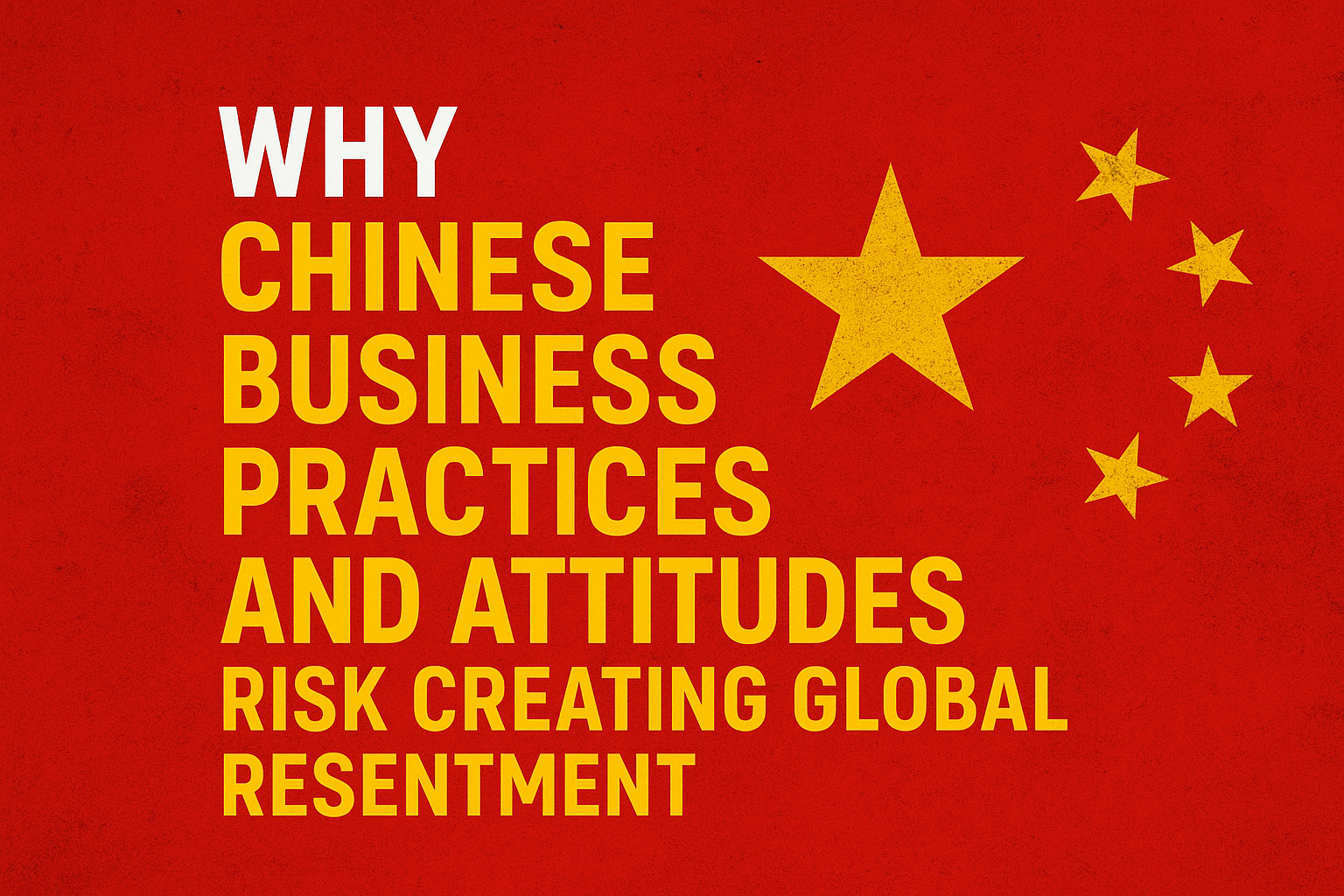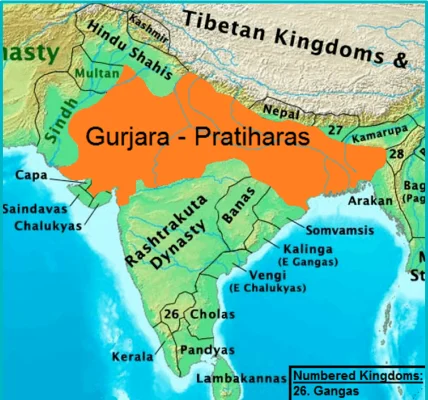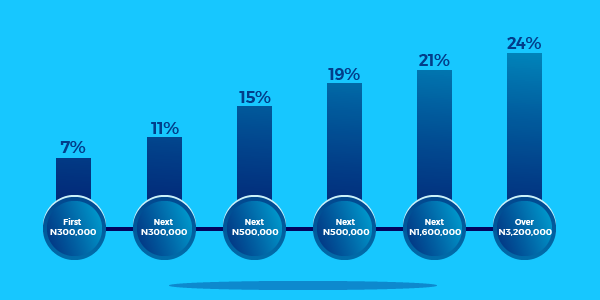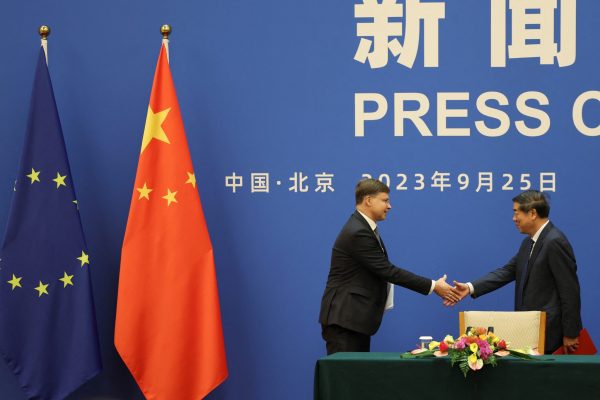
The Hidden Struggles of the Pakistani Startup Scene: A Decade of Challenges and Failures
Over the past decade, Pakistan’s startup ecosystem has experienced significant growth, driven by innovation and increased investments. However, beneath the surface of success stories lies a reality marked by high failure rates, substantial financial losses, and numerous challenges. This article delves into the hidden struggles of the Pakistani startup scene, analyzing data from the last ten years to uncover the financial pitfalls, failed ventures, and systemic issues that have plagued the industry. By understanding these challenges, businesses can make more informed decisions and navigate the complex landscape of Pakistan’s startup ecosystem more effectively.
















